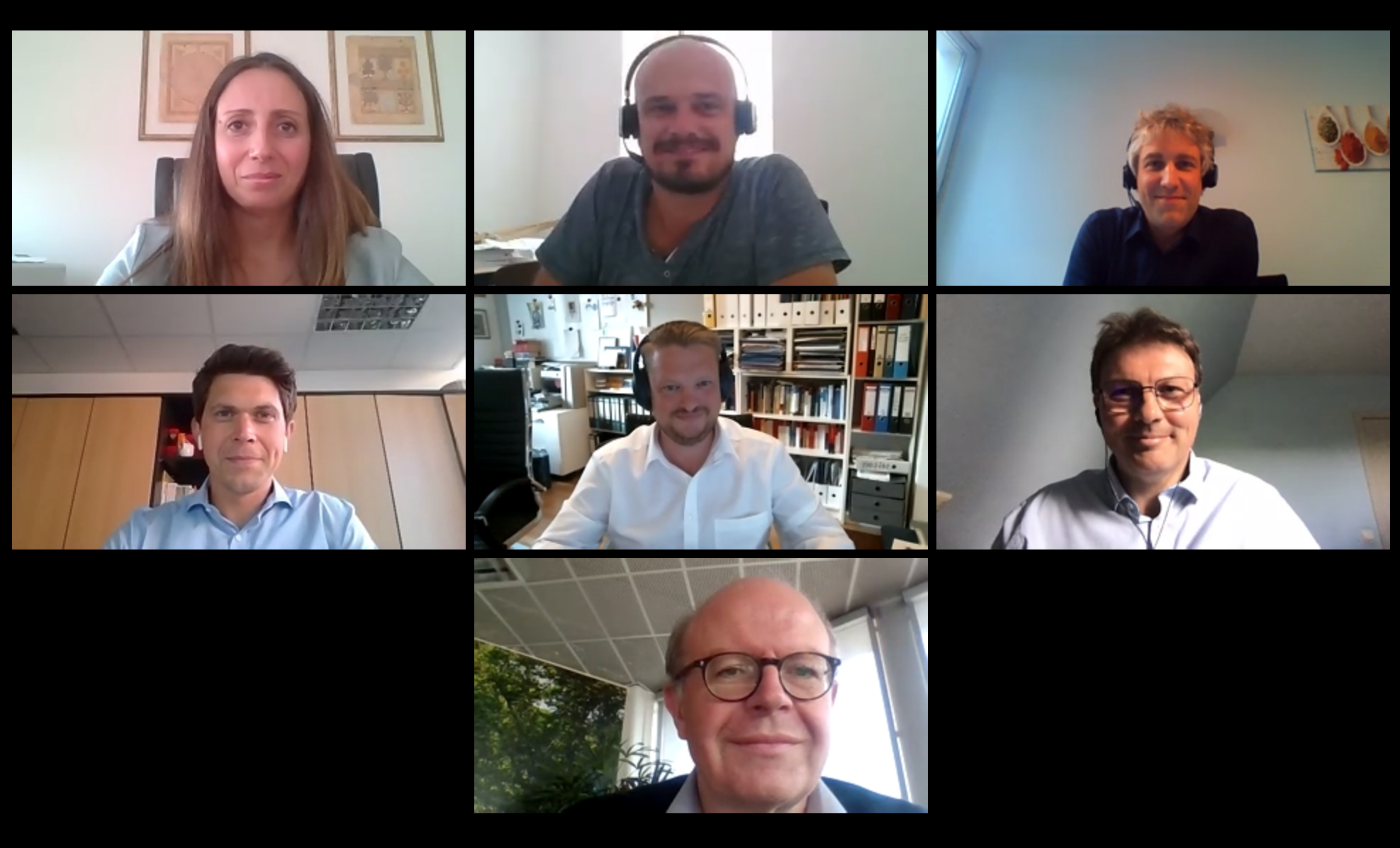Contaminants in Food Products: Pyrrolizidine Alkaloids – How to Best Ensure the Lowest Level During Food Production

On Thursday, September 17th 2020, the SME Connect Working Group Health & Nutrition organised a virtual workshop on “Contaminants in Food Products: Pyrrolizidine Alkaloids – How to Best Ensure the Lowest Level During Food Production” to discuss the maximum levels on Pyrrolizidine Alkaloids (PA) which are being set by the European Commission for a number of food products. The discussion highlighted the advantage of alternative cropping systems and outlined best practices for all actors in the supply chain to ensure low PA contaminations.
In his keynote speech, Frans Verstraete, Deputy Head of Unit Food Processing Technologies and Novel Foods of DG SANTE, European Commission, remarked that “There is a need for an enforcement of harmonised legislations on a maximum level of Pyrrolizidine Alkaloids to have an internal market, so that all Member States applies the same regulatory provisions.” Furthermore, he presented the different maximum levels of PA for various food products currently discussed by the European Commission, in line with the European Food Safety Authority.
Patrick Coppens, Director Scientific and Regulatory Affairs of Food Supplement Europe, stated the impact of PA on the food business operators and the ways in which PA can enter the food chain. “The maximum level of PA does not only affect collectors and growers, but also a lot of SMEs that participate in the trade of plants.” Taking concrete steps to help all actors in the food chain, FSE published a guidance document reporting the aforementioned maximum levels. Additionally, he emphasized the importance of collective responsibility along the chain because, while PA contamination occurs at the agricultural stage, legal limits apply to the final product. For this reason, “education needs to be done” to close the knowledge gap between manufacturers and suppliers, which may not be familiar with existing legislation.
Guillaume Frémondíere, Head of the Characterization and Valorization of the Genetic Resources Technical Institute Interprofessional Plant À Parfum, Médicinales, Aromatiques Et Industrielles (Iteipmai), highlighted that reducing PA remains a major challenge for the agricultural sector. “PA are coming from weeds, but the raw material can be contaminated, even if it is not on the field.”
Maximilian Wittig, Scientific Manager Tea Herbal Infusion (THIE), pointed out since PA producing plants might be unintentionally harvested by machines, once PA enters the chain, eliminating them is nearly impossible. He shared visions for the future to effectively limit the PA level in food products, especially in their countries of origin. The challenge is to assure quality and safety of their products in the area of the conflict between the global trade and promotion of biodiversity and reduction of herbicide use.
To conclude the virtual workshop, Dr. Martin Einig, Secretary General European Spice Association (ESA), presented a concrete example of mitigation strategies of with PA contamination in the case of oregano, stating nonetheless that “weed contamination is a natural event and cannot be ruled.”